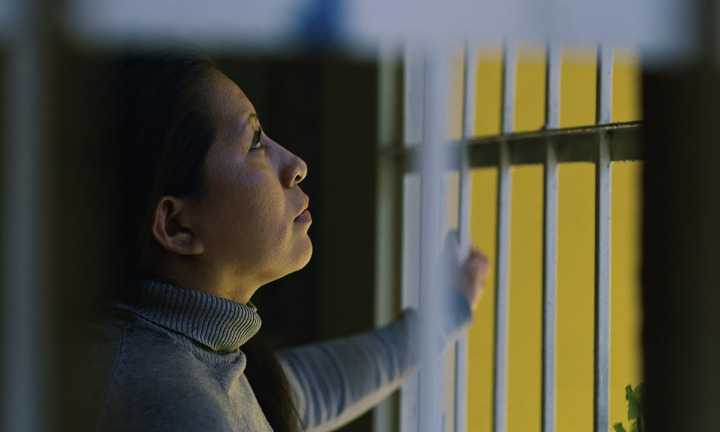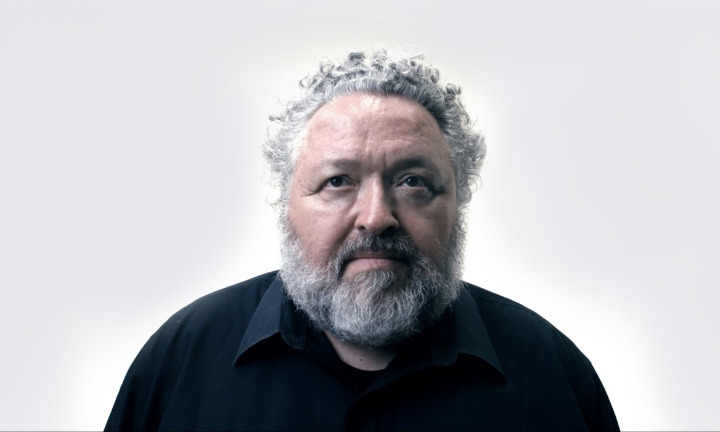Authoritarian governments pursuing brutal anti-abortion laws should be careful what they wish for. Lock too many women up and you could have a revolution on your hands. If not that, you might at least spawn an activist who will work tirelessly to make your laws obsolete.
So it goes with Teodora Vasquez. In 2007, she was at her workplace, nine months pregnant with her second child, when she began to feel pain. Terrified, she called police for help. That is the last thing she remembers. She had feinted and awakened in a hospital hand cuffed to the bed, her baby dead. Thanks to El Salvador’s draconian abortion laws, among the strictest in the world, she was charged with murder.
Her lawyer was no help, demanding exorbitant payment – including her house – and so she chose not to have legal representation. No one testified that she wanted her child. She was convicted, sentenced to 30 years and sent to a prison for 3,000 women with six toilets.
While incarcerated, she discovered that there were upwards of 20 women unjustly imprisoned for similar non-crimes. In one case, a woman was beaten by her husband and miscarried. He testified against her. She was convicted. Others had similar pregnancy emergencies which were used against them. And still others have been imprisoned for having abortions, which are illegal under any circumstances in El Salvador.
Rumblings of discontent inside the prison attracted a citizens group determined to fight for the incarcerated. But they faced the predictable resistance from an intransigent Church, indifference from upper class citizens – wealthy women always find money for abortions and the travel required – and a justice system, over-ridden with incompetence, determined to cover its ass. But Teodora’s lawyer found a way to get her case reviewed.
After countless delays–her first hearing was postponed because the prosecution claimed it wasn’t prepared–-her appeal was rejected. But the Supreme Court released her after she’d served 10 years.
That may sound like a spoiler, but this documentary is about more than Teodora’s court case. It’s about the solidarity among the women in prison, who support each other through their hardships, and the intrinsic importance of feminist action outside the courthouse. It’s also about life after prison, when Teodora comes back to surroundings and friends and family she barely recognizes, including her teenaged son, who has to adjust to a second mother since his grandmother was his first for over a decade.
But most moving is the way that Teodora metamorphoses into one of her country’s most impactful political activists. Her prison-mates had already recognized her leadership qualities and made her spokeswoman for the inmates fighting for their reproductive rights. But as Escher’s camera follows Teodora on her first feminist march, and she experiences the exhilaration of taking to the streets, we witness the birth of a passionate activist.
She visits her prison, reconnects with her jail mates and promises that she won’t forget them. And she does not, taking their struggle to the international stage.
Escher tell the story using a variety of strategies, including interviews with the lawyer who handled Teodora’s case review and with other women arrested for trying to control their own bodies.
Live action re-enactments can be cheesy, but Louisa Wallstrom (Pat: can you put an umlaut on the o) and Roland Seer’s striking animation brings pathos to Teodora’s experience of losing her child. And Escher mines televisions reports– literally, the camera is on the TV–and news media as they cover the trial to tell the story of Teodora’s second encounter with the judge.
This latter footage highlights the intense pressure on Vasquez, as she’s hounded by reporters and forced to be hyper-articulate and audience-friendly as she experiences extreme anxiety on the way into court and terrible disappointment on the way out. As the title Fly So Far declares, Vasquez goes from being crushed by poverty to being energized by taking political action in this inspiring story.
Fly So Far premiered at Hot Docs 2021.











